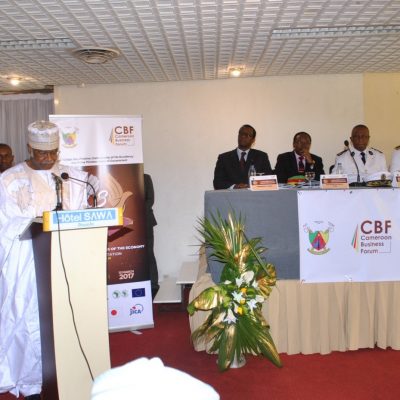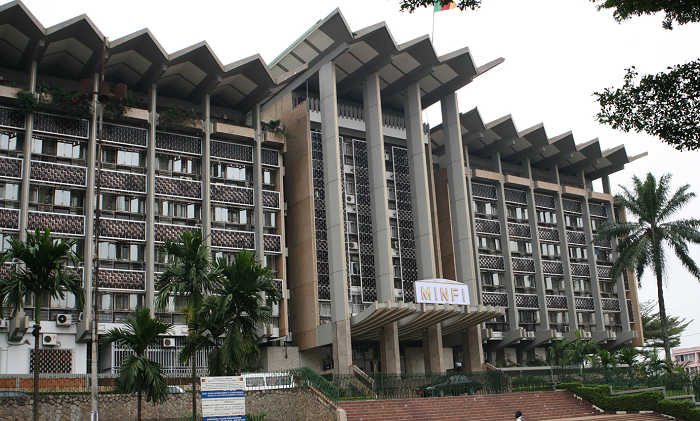As at 31st December 2010, most of the recommendations of the Cameroon Business Forum (CBF) were subject to concrete realisations. Among the major projects completed in 2010 within the scope of the Ministry of Finance, one can cite without being exhaustive:
- making operational, in concert with the ministry in charge of small- and medium-size enterprises (SMEs), the Centres for Business Creation Formalities (CBCF) in Douala and in Yaound├® ;
- the adoption of a priority plan of actions on tax reforms for 2011 ;
- the commencement, with the launching of the CBCF, the reform relating to the twinning of the procedures for the registration of statutes and establishment of the taxpayer’s card as concerns the towns of Douala and Yaound├® ;
- the completion of studies on the eventual reform of excise duties ;
- making operational the Approved Tax Management Centres in Douala and Yaound├® ;
- the launching of activities of the divisional taxation Centres dedicated to small enterprises in Douala ;
- the submission of the study report on the installation of reduced rates of VAT;
- the submission of the study report on the reduction of the company tax rate;
- finalisation of studies relating to the reform of the taxation systems and the introduction of a general synthetic tax ;
- revision of the tax return forms in terms of simplification and the reduction in number. The new forms are in force as from the 2011 financial year.
Beyond the specific recommendations of the CBCF, the Ministry of Finance has carried out successfully, during the previous financial years, a significant number of measures which enhance the amelioration of the business environment in Cameroon.
A. As tax policy measures,
1) Within the framework of incentive measures:
- the putting in place of a derogatory tax regime for developmental projects in the agricultural, industrial, energy, tourism and social housing sectors with notably the exemption of VAT on the purchase and importation of materials meant for the projects ;
- the putting in place of an advantageous tax regime for public-private partnership contracts;
- the putting in place of the regime of reinvestment for existing enterprises;
- the exemption of new enterprises from the business licence contribution for the first two years of operation ;
- the putting in place of an incentive tax regime for enterprises of the stock exchange, health and education sectors.
2) As concerns the amelioration of the cash flow of enterprises,
- the exemption from registration fees on current account conventions, as well as on loan agreements of credit and microfinance institutions ;
- exemption from the payment of caution in forestry matters ;
- suppression of the rule of one month delay in terms of VAT deduction, in order to ensure a better neutrality of this tax ;
- suppression of the mechanism of deduction at source of VAT and the advance on income tax by private companies, public and semi-public enterprises, public establishments and decentralised local communities in order to reinforce the neutrality of VAT and lighten the tax burden of enterprises.
3) As concerns the reinforcement of the rights and guarantees of taxpayers and the simplification of procedures,
- institution of the advance tax ruling which permits potential investors to know in advance the tax regime applicable to the operations they envisage, which procures a wide legal security ;
- lightening the formalities and conditions prior to the exercise of claims by taxpayer through the suppression of the bank caution ;
- suppression of the obligation of certification of the statistical and tax return by enterprises in a bid to reduce their tax burden.
B. As for measures of the tax authorities,
- The production and dissemination of the tax doctrine (General Tax Code, Taxation handbook, collection of the doctrine);
- institutionalising meetings with socio-professional groupings, consulted on all the drafts of legislative, regulatory, structural, functional or administrative reforms;
- the putting in place of the call Centre endowed with a toll free green number (82 00) ;
- the renovation of the DGT web site (www.imp├┤ts.cm) containing all tax documentation.
- rationalisation of the incentive tax regimes, in view of reinforcing their efficiency;
- rationalisation of additional taxes which fall under the limitation of the number of tax payments and additional levies.



